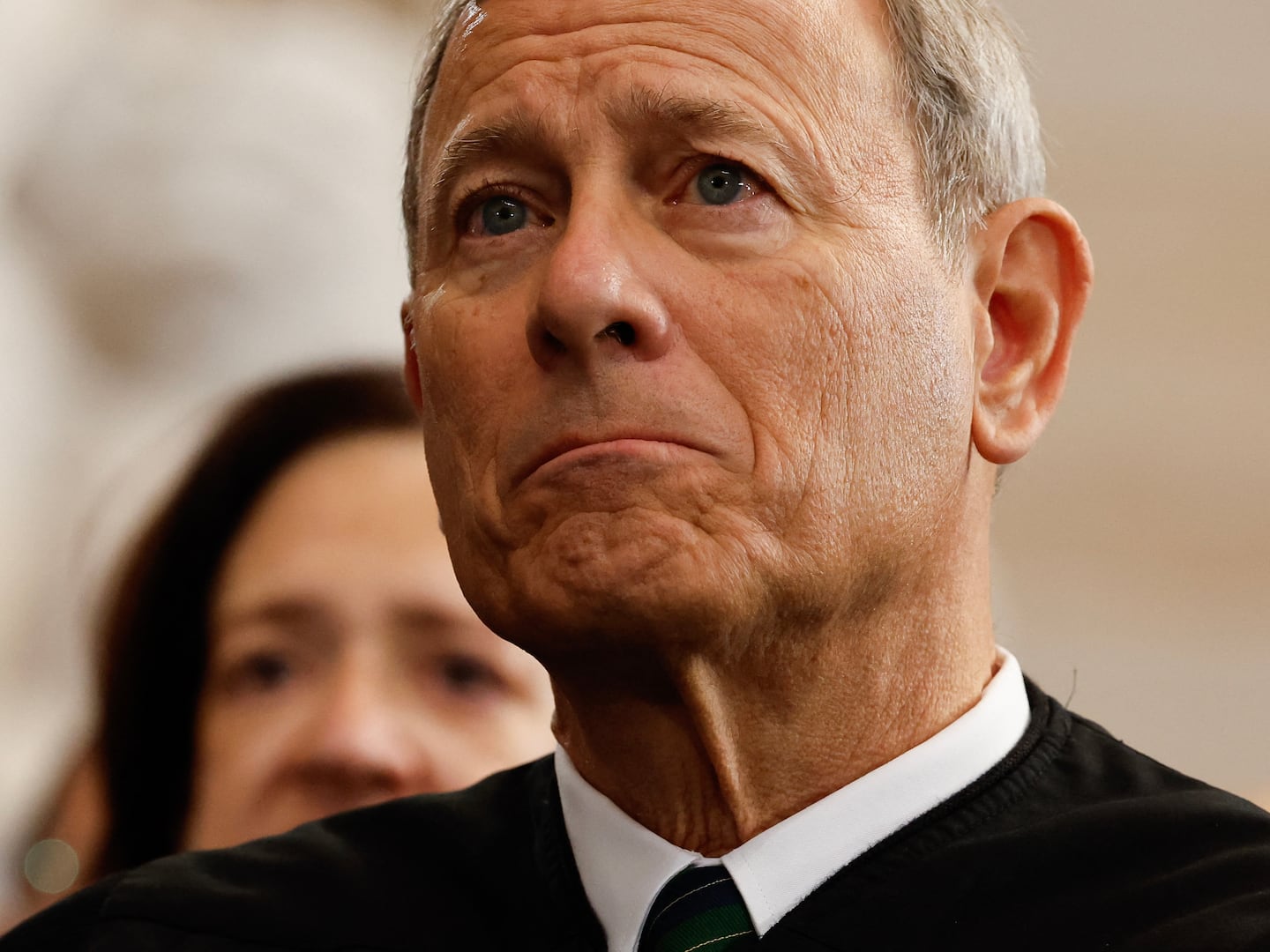Adnan Syed’s new day in court will be longer than twelve episodes of Serial.
Thanks to an extremely broad remand from the Maryland Court of Special Appeals, the enigmatic podcast star’s new attorneys will have wide latitude to introduce new evidence, new witnesses, and new testimony. It’s not a new trial, but it’s more than Syed could’ve hoped for—and surely would not have happened without last year’s phenomenally popular podcast.
Listeners to that podcast know Syed as a charming, enigmatic young man who may or may not have strangled his ex-girlfriend to death in 1999. We also know of the shady characters surrounding him. There’s Jay Wilds, the state’s star witness who continues to change his story even today. Then there’s Cristina Gutierrez, the annoying defense attorney who later was disbarred. And there are an array of weird witnesses (remember “S,” the streaker who found the body?) and possible accomplices.
It can be hard to remember that, as far as the State of Maryland is concerned, Syed is a convicted murderer on a Life-Plus-30 sentence who has lost appeal after appeal. The current process is for “post-conviction relief,” and has been going on for five years. This case was closed.
But no longer—and the closer you look, the more Serial seems responsible for its reopening.
First, it’s no coincidence that Syed’s “supplement” to his latest appeal was filed, by a reconstituted legal team, in January of 2015—after the alibi witness Asia McClain had surfaced on Serial. It’s because of the podcast that McClain reappeared, and subsequently stated that the state attorney had discouraged her from attending any of Syed’s post-conviction hearings.
Pre-Serial, Syed’s claim of ineffective counsel was largely based on Gutierrez’s failure to seek a plea deal. But Syed has always maintained his innocence; it’s possible Gutierrez was just fulfilling his wishes. (Prosecutor Kevin Urick said as much in an interview with The Intercept.) Not a strong case for ineffective counsel.
But if Gutierrez didn’t pursue a qualified alibi witness, that’s a different story.
Most important, though, is the unusually broad language of the remand. Media reports have focused on its use of the phrase “in the interests of justice.” But that’s just a quotation of the rules. What’s actually important comes later, when the court says that “This remand, among other things, will afford the parties the opportunity to supplement the record with relevant documents and even testimony pertinent to the issues raised by this appeal.” (Emphasis added.)
That language is huge. Not only will the circuit court hear what Serial listeners have already heard—Asia McClain’s exculpatory testimony—but it can look at anything related to the “issues raised by the appeal” as well.
And if that weren’t enough, the appeals court added that if the circuit court reopens the post-conviction proceedings—which it almost certainly will do—it “may, in its discretion, conduct any further proceedings it deems appropriate.”
“Any further proceedings”? That throws the door wide open.
Now the circuit court can look at DNA evidence, the specialty of the UVA Innocence Project Clinic, which has worked on the case. Now they can compare Jay Wilds’s wildly conflicting accounts of what happened back in January of 1999. Now they can evaluate Gutierrez’s conduct in its overall context, rather than limited to within the confines of specific decisions.
In other words, now the Baltimore City Circuit Court can listen to Serial.
Not literally, of course, but every one of the questions Sarah Koenig raised can now be raised by Syed’s attorneys and the circuit court. (In Maryland, circuit courts serve as trial courts for serious crimes. Coincidentally, the Baltimore City Circuit Court is also the site of the Freddie Gray trial.)
It’s hard to read the court of appeal’s decision without seeing the influence of Serial. It’s not unheard of for a court of special appeals to issue a broad remand with even broader discretion, but it’s certainly unusual in a 16-year-old murder conviction. Here, the court chose to go beyond the two specific allegations of attorney misconduct to open the door to anything and everything. Reading between the lines, it’s easy to speculate that the raft of evidence uncovered by the podcast is the real reason for the breadth of the remand.
No wonder Rabia Chaudry, Syed’s longtime defender and now a podcast host herself, told Buzzfeed she was “in shock.” The remand was a home run. It’s like Syed won his appeal without even having to argue it. Now the case goes back to circuit court, with broad latitude to evaluate new evidence.
Syed’s ultimate fate is still uncertain. The Baltimore cops and lawyers—and the victim’s family—remain convinced of his guilt. Even many Serial fans think he did it, and that’s after listening to him make his case directly. On the other hand, actual guilt and legal guilt are two different things—and the latter requires proof beyond a reasonable doubt, precisely the kind of doubt that a credible alibi witness can provide. Not to mention DNA evidence, new questions about the state’s key witness, and all the rest of what Koenig uncovered.
Will the circuit court order a new trial, even reversing Syed’s original conviction in the process? It will be a while before we find out. But if it does so, for better or for worse, the credit will be due not only to Syed’s lawyers, but to Sarah Koenig and her fans as well.






